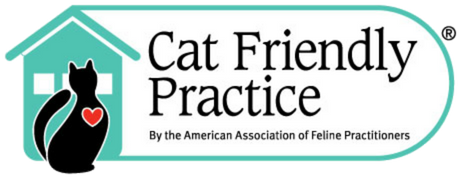|
House plants are all the rage right now! Whether you are keeping up with the latest trends, or just wanting to beat the blues this winter, bringing a house plant into your life can improve concentration, productivity, reduce stress levels, boost your mood, and clean your air! However, cat owners beware! If your little monster is too curious about some types of plants, it can result in a trip to the emergency clinic. Here are ten popular house plants to avoid in feline-friendly homes!
Always research any plant before bringing it home. There are plenty of other house plants out there that could spell disaster for your kitty. On the flip side, there are also plenty of plants out there that are cat-safe! Regardless of their toxicity, it is important to discourage your cat from viewing your house plants as a salad bar. If you believe that your cat has ingested a toxic plant, give us a call right away or head to your closest emergency vet. Go get your grow on!
Comments are closed.
|
Categories
All
Archives
November 2022
|
|
Plymouth Sun Sailor 2019 and 2020
Readers' Choice Best Veterinary Clinic |
Clinic Hours
Monday - 9:00 am - 6:00 pm Tuesday - 9:00 am - 6:00 pm Wednesday - 9:00 am - 6:00 pm Thursday - 9:00 am - 6:00 pm Friday - 9:00 am - 6:00 pm |
|
Site powered by Weebly. Managed by IDEXX Laboratories

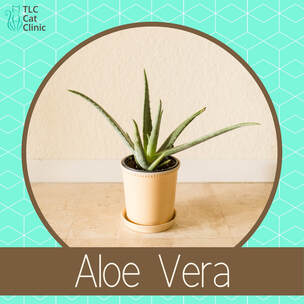
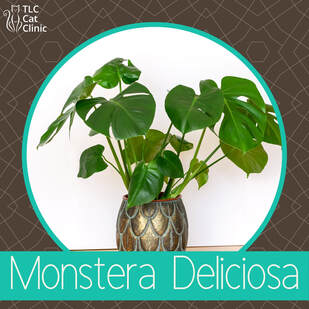


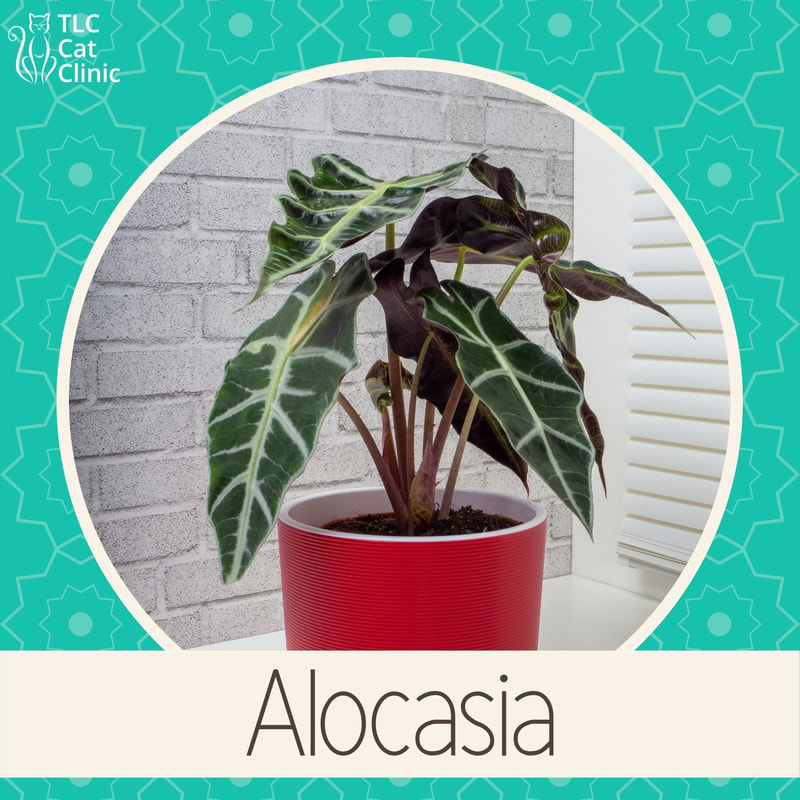
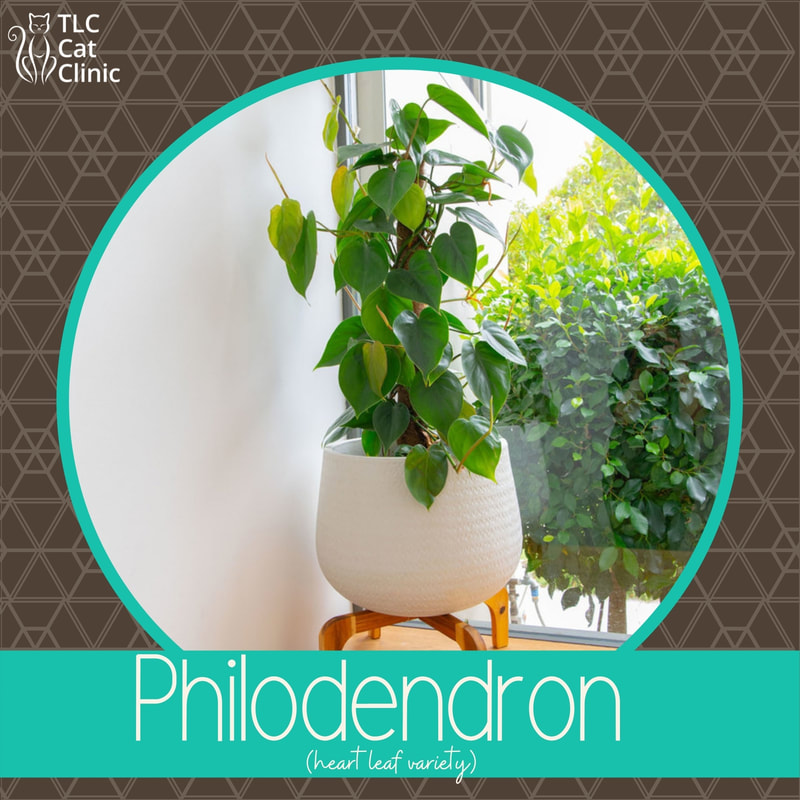
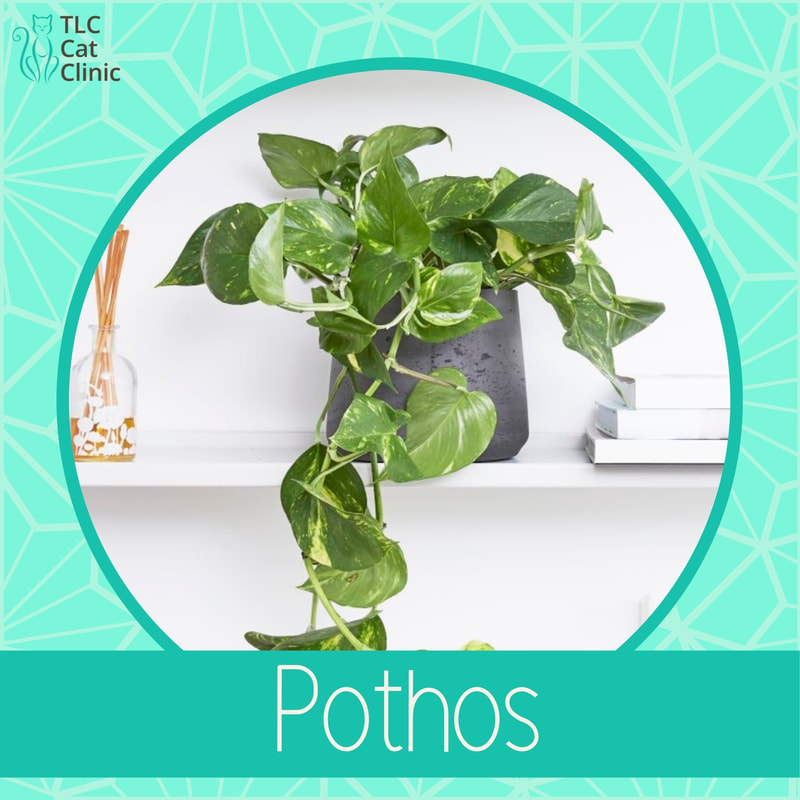
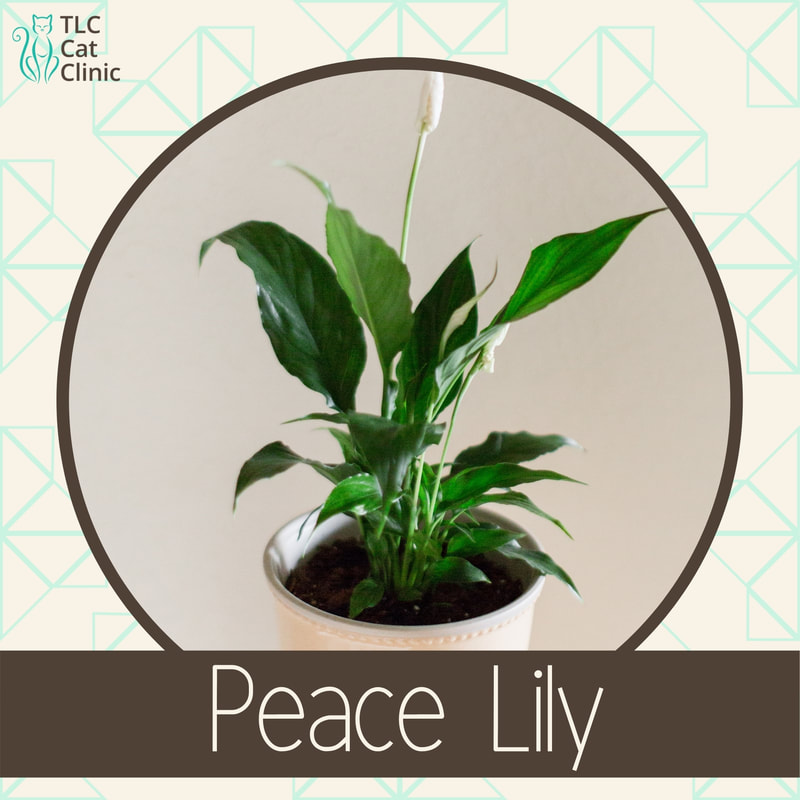
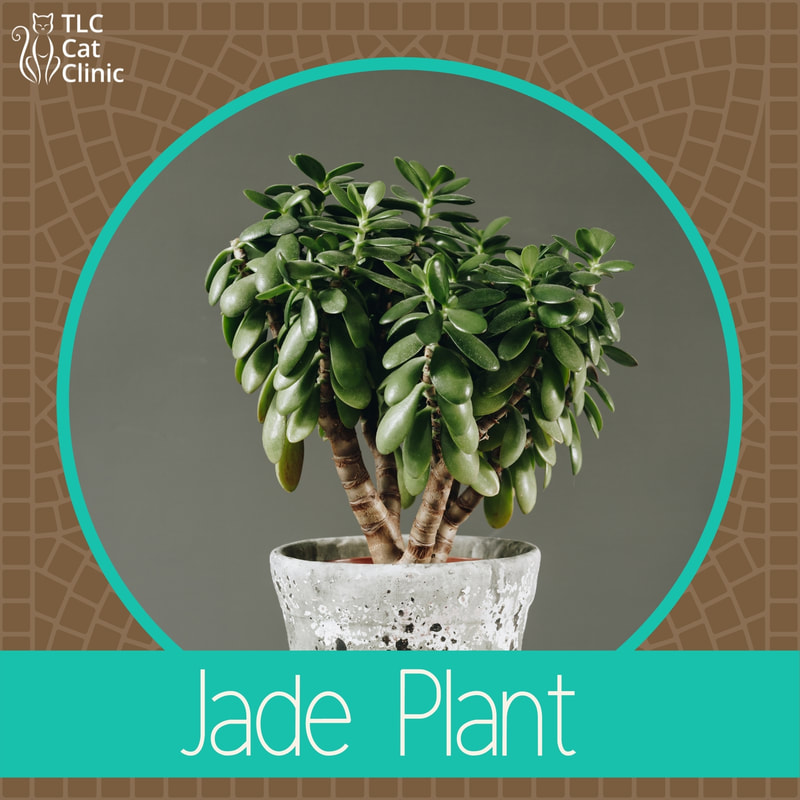
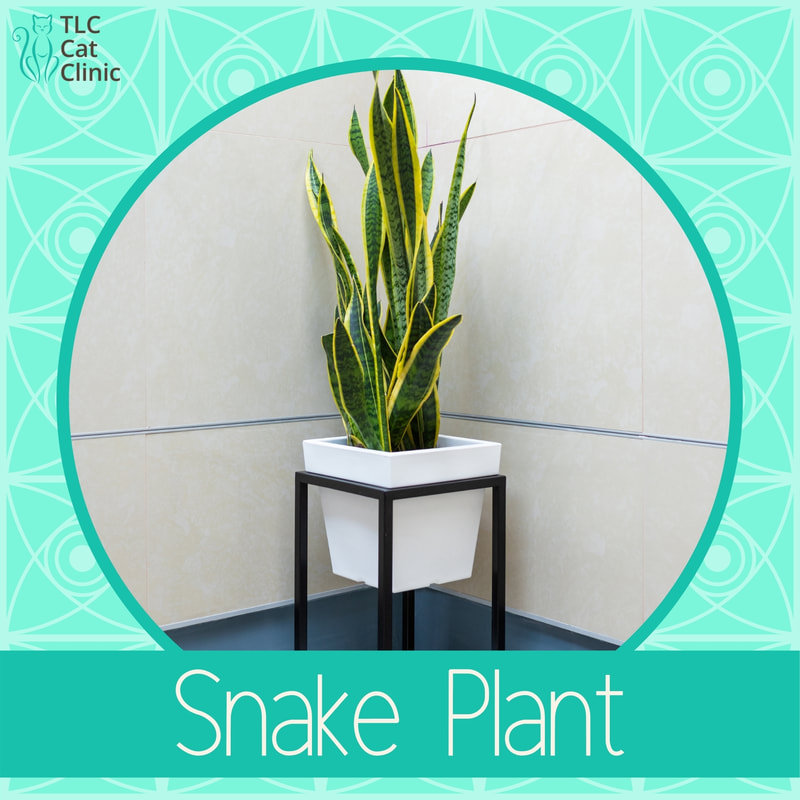
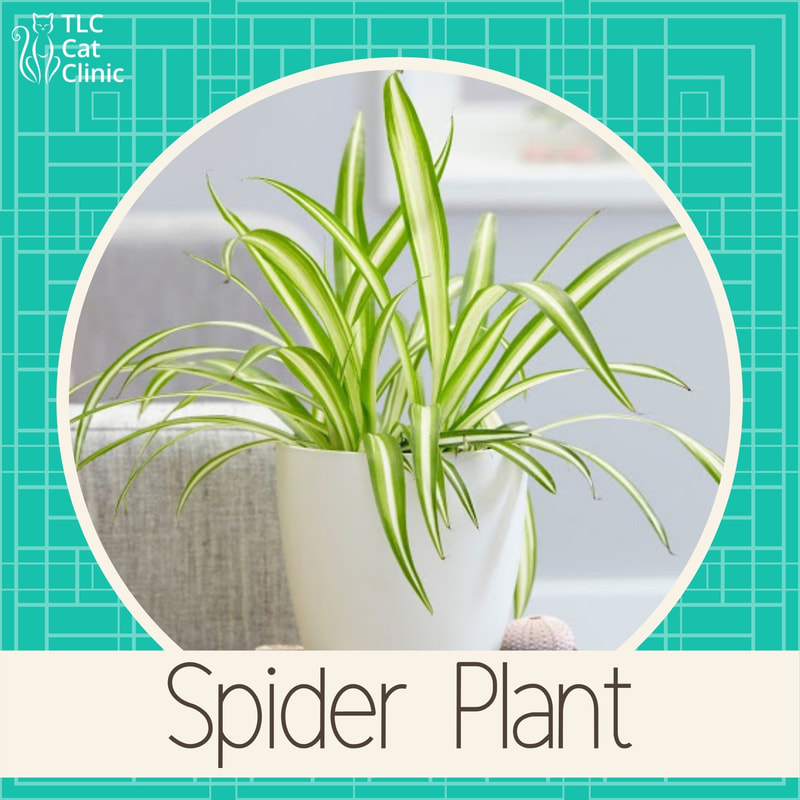
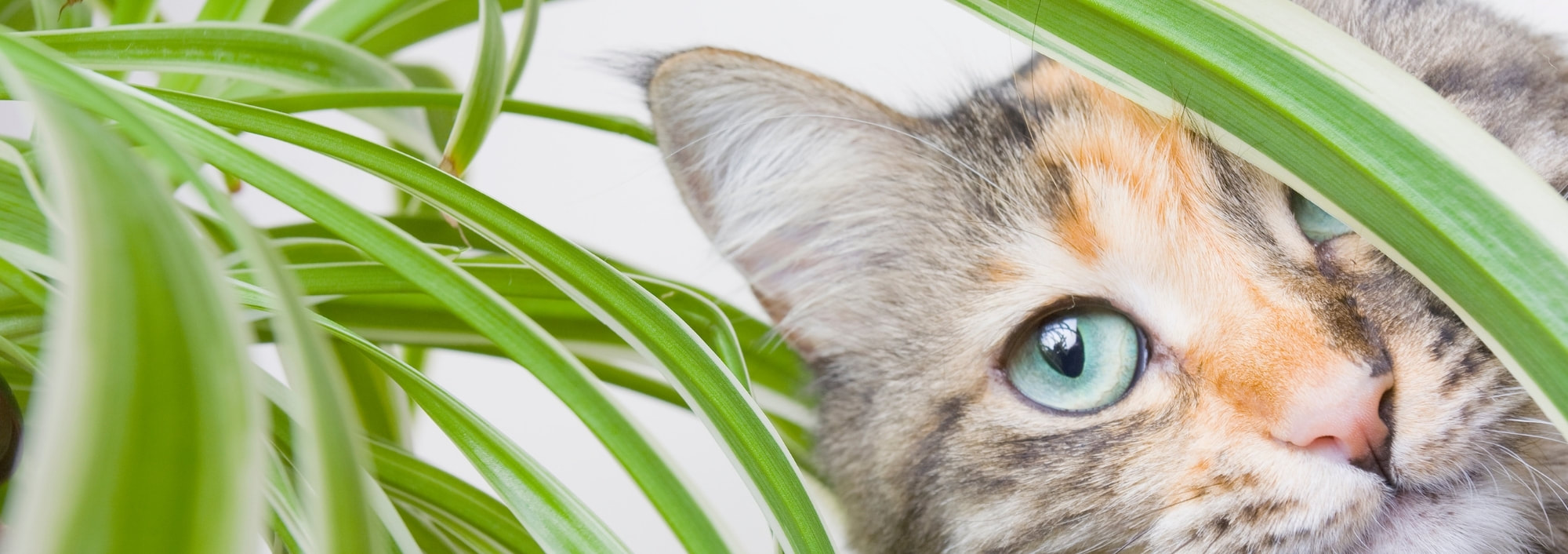
 RSS Feed
RSS Feed



